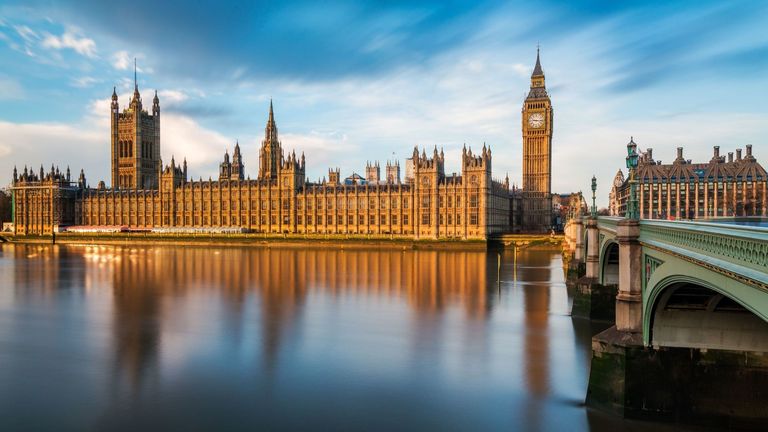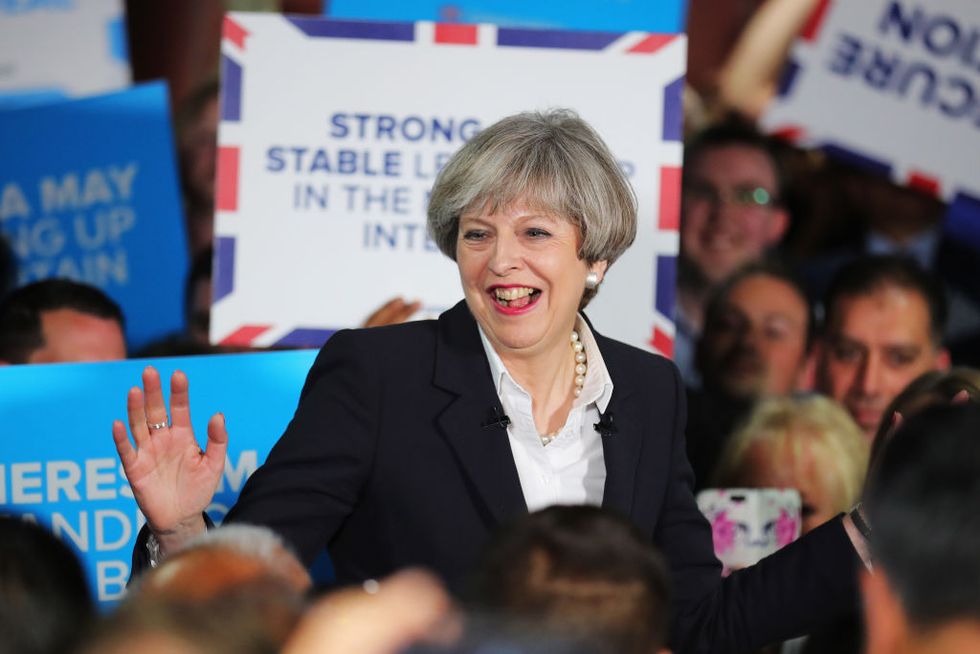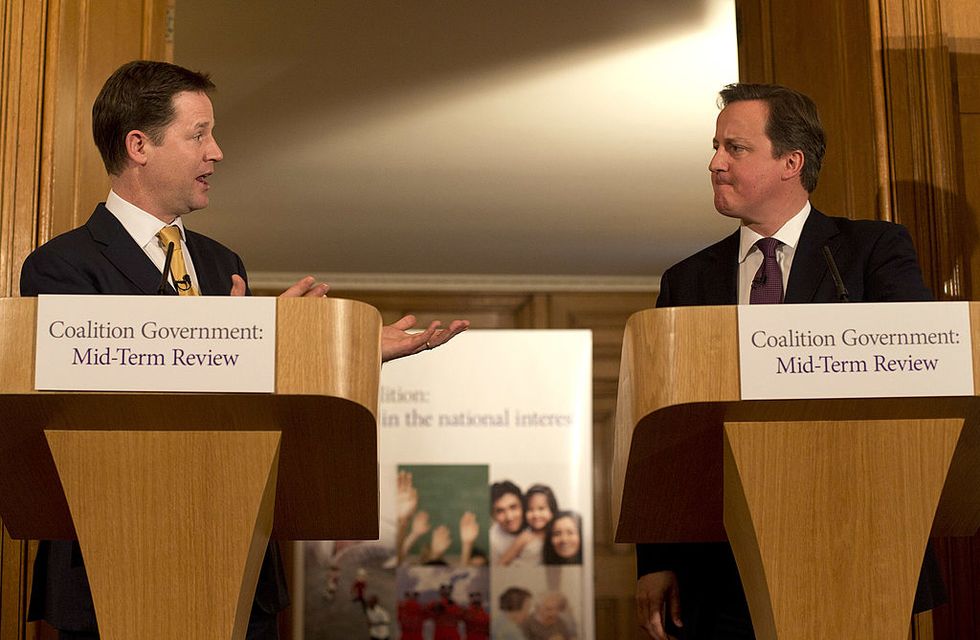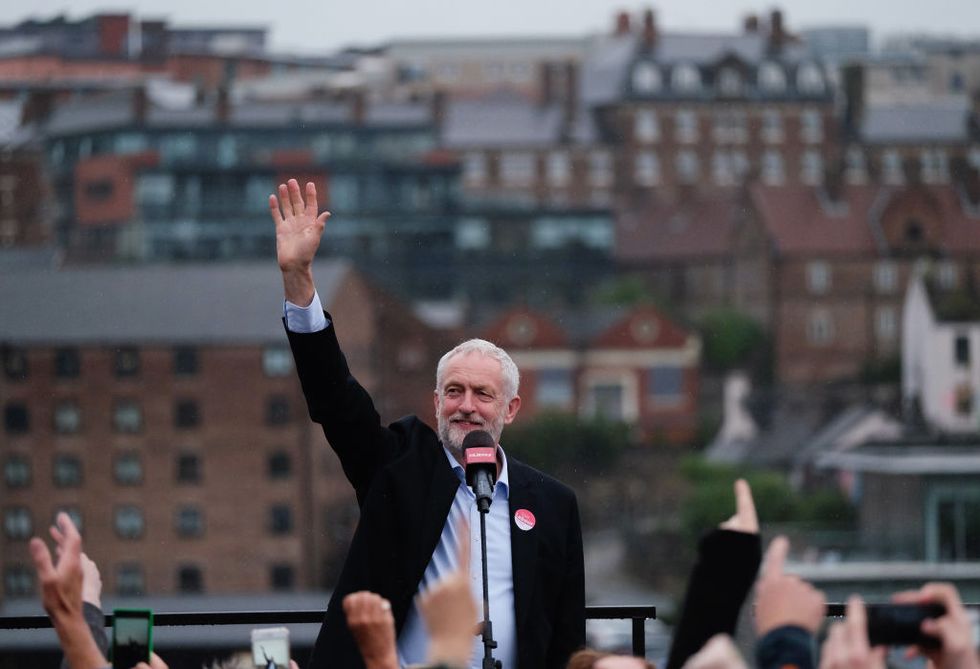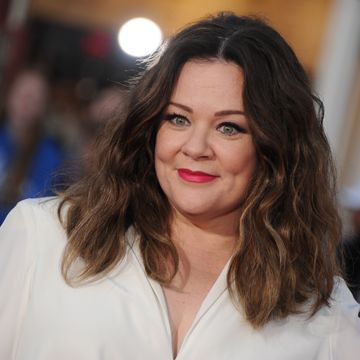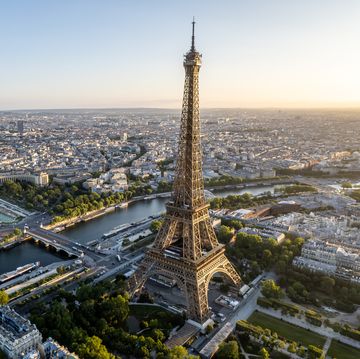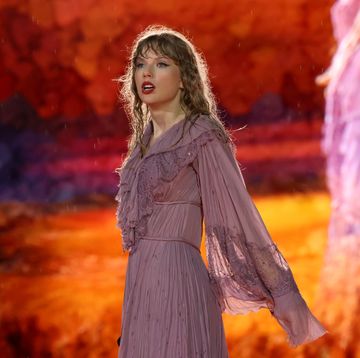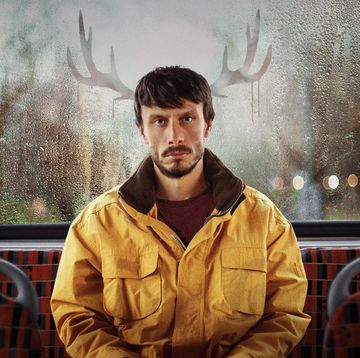It's confirmed: there will be a hung parliament. With just a handful of votes to be declared, the Tories had 313 seats, Labour on 260, the SNP at 35 and the Lib Dems with 12. But what the heck does that mean?
The thing is, you need 326 seats to have a majority in the House of Commons. So, even though the Tories might have the biggest lead, no party has won enough seats to reach this majority.
Why is having a majority so important?
The law-making process in this country means all proposed bills or laws have to be passed through parliament where MPs can vote on whether they want to make the bill an actual law.
Logistically, it will work best for the government if their party makes up the majority of the MPs, so they can rely on all their MP pals to vote for their bills. If they do not have a majority, they would have to rely on other parties to support them and, we've all seen Prime Minister's Questions, inter-party relations aren't always great.
What happens if there is a hung parliament?
The party with the most votes has a choice. They can either form a minority government, and risk not passing any laws, or try and form a coalition government with another party who they can rely on to vote in line with them.
However, the party with the second largest amount of votes can also try and entice another party to join forces.
This is what happened in the 2010 general election: David Cameron and the Conservatives had the most votes but not a majority. In second place was former Prime Minister Gordon Brown's Labour party. Both desperately tried to get the third largest party, the Liberal Democrats, on board and former party leader Nick Clegg – who, as leader of the Lib Dems, probably never expected such a task - had ALL the power. If you want proof of this, check out these anguishing, and kind of heart-breaking, photos of Brown and his team anxiously waiting for Clegg to call like they've just been on their first date.
Who will be Prime Minister?
Well, with Theresa May's future as Prime Minister uncertain, we won't know until talks between the party leaders get under way.
In the lead-up to the election, Jeremy Corbyn and his shadow foreign secretary Emily Thornberry said they would seek to run a minority government and there would be no negotiations over coalition deals with the Lib Dems and Greens if they were the biggest party but without an overall majority.
"We are not doing deals, we are not doing coalitions, we are not doing any of these things. We are fighting to win this election," Corbyn said, reports The Guardian.
However, Nicola Sturgeon has said the SNP would enter talks with Labour if there was a hung parliament as she would want the party "to be a progressive alternative to a Conservative government", according to Business Insider.
Meanwhile, the Conservatives have used the potential threat of a left-wing "coalition of chaos" to try and attract undecided voters to vote for them. They have even started sharing posters on Twitter which echo their campaign strategy in 2015 when they put up posters of former SNP leader Alex Salmond with a teeny, tiny (former Labour leader) Ed Miliband in his pocket. Other posters had Sturgeon as the puppeteer pulling the strings of a puppet-Miliband. You get the jist.
What will happen to Theresa May?
We've got a definitive result, but the outcome of the hung parliament isn't likely to be revealed for days. Some say Theresa May should stand down.
Speaking after being re-elected to his Islington North seat, Corbyn said May should "go ... and make way for a government that is truly representative of all the people of this country."
Prior to voting day, shadow chancellor John McDonnell also suggested the Prime Minister should consider resigning if the exit poll proved to be correct. He told the BBC:
If it is right, then I think her position is becoming increasingly untenable. I tell you why – if you listen to what people are saying, Theresa May promised on seven different occasions that she wouldn't go for a snap general election.
And she went for it on the basis that she wanted to secure a mandate that she already had. People just saw through that. They saw this as an election which was for party advantage rather than the interests of the country. And it looks as though they've rejected her as a result.
Here's what three main parties' manifestos actually stand for:
